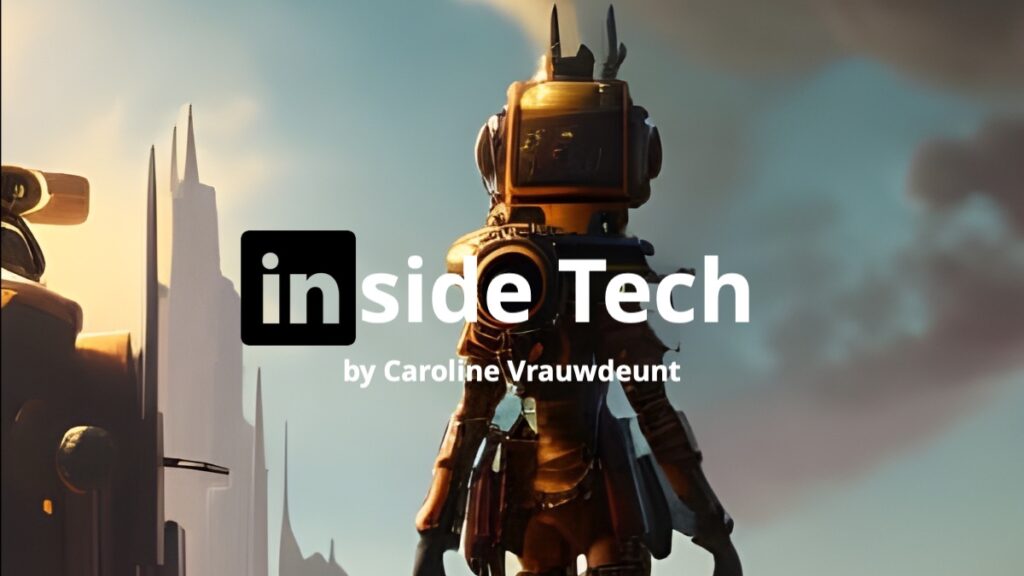The world is shifting profoundly — or is it not? Maybe it is just our perception? Are pressing issues really that different today than over 100 or 200 years ago?
3 min read
Is the core challenge we are facing today, for example through rapid change in technology really different from the challenges Europeans were faced with when thrown into the industrial age?
Are the challenges about a transparent democracy today really that different than in Machiavelli’s time? Are the needs for people’s safety and well being, the need for a peaceful life really that different today than 50, 100 or 1,000 years ago?
Or is it the way we are (used to) building structures to deal with these challenges we are facing, that needs profound change.
Because it seems to me, Europe (and that maybe much too general an assumption) have done a poor job here. Facing these same challenges and still not having found the right answers to come to a transparent, democratic, safe, equal and inclusive society.
Tweet
In Europe we are used to doing and (politically) structuring things in a certain way for a very long time. But when we go back into our history you will actually find a lot of the issues we are dealing with today, in core, are not that different over time.
In the Netherlands for example, in the last 60 years or so, we have grown accustomed to depend on our government for income equality, housing, funding of our cultural and natural heritage. For almost every issue our government stepped up to the plate, because who else would?
But wasn’t it a custom in the Dutch golden age that those well off took care of the less fortunate.
So maybe when government fatherly (or motherly) stepped in, it slowly took away every incentive for other parts of society to take responsibility here.
Tweet
I have been fortunate enough to experience through our global (startup) ventures to see how society is structured differently, in Canada for example. Canada being the more social entrepreneurial market driven society compared to the US (again I am generalizing, I know).
Here a much broader alliance is taking on local and societal challenges. Business, educational, volunteer, government and local communities are all part of this networked society.
This is sometimes not by choice, but merely the only way to survive — as a community rep from a local library explained to me.
Ok, one thing is profoundly different today than in any other time, that I should mention: Our ability to be informed of what is going on everywhere in the world today, and our ability to see what impact our choices have on others and the world in general.
And it is exactly this that opens great opportunities and will help us create the structure that will enable us to reach that inclusive and collaborative networked society. A cocreative society deeply rooted locally, that is able to withstand adversities, solve issues and innovate together.
For this we need to break down the old structures before we can build anew. And although Dutch government might still think it is in the lead here, the fact is, it is already happening and much faster than you think.
Tweet
So it is time to embrace those forces and start collaborating, help break down the old & build a new networked society together.
Love to hear your thoughts. As I am writing this, Canada is celebrating its 149th birthday this 1st of July. And not entirely coincidental I decided today to make a reference with this young country and Europe’s long standing history.
Originally published in Dutch at platformoverheid.nl.



